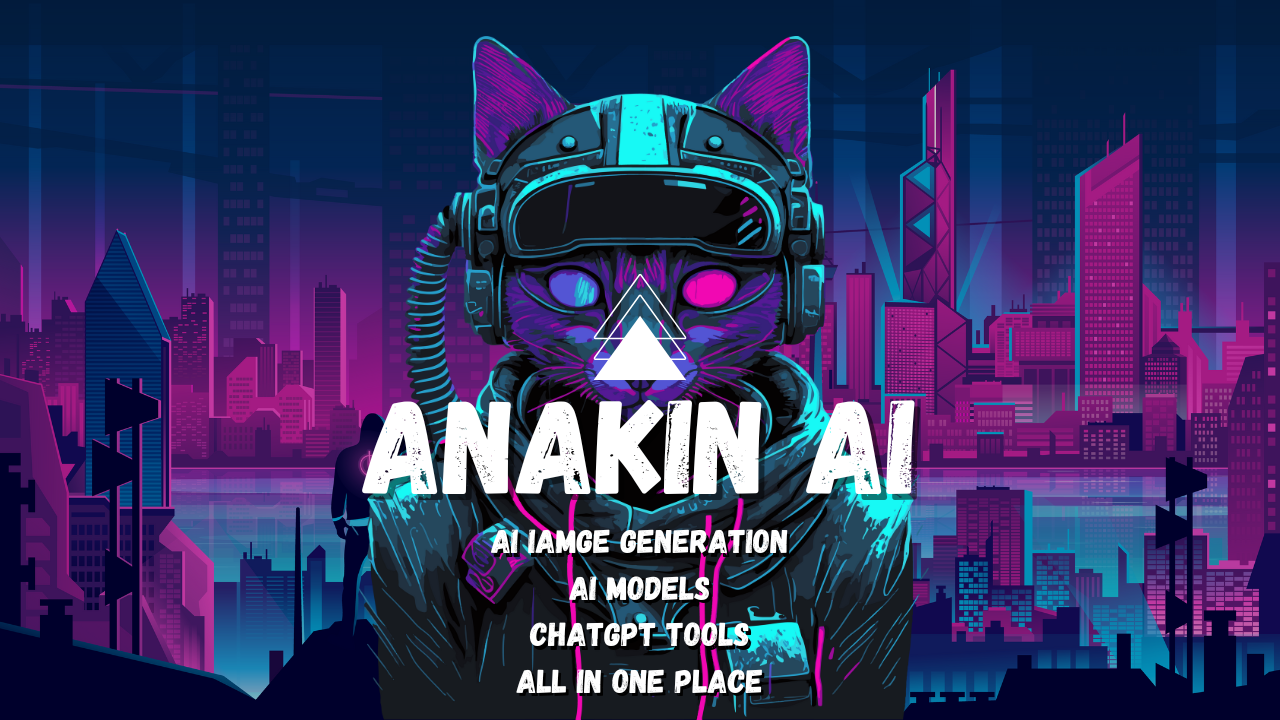WizardCoder: The Cutting-Edge AI Revolutionizing Code Generation
Published on

WizardCoder is a groundbreaking large language model that is transforming the landscape of code generation and software development. Developed by WizardLM, this powerful AI tool leverages advanced techniques like the Evol-Instruct method to deliver unparalleled performance in code-related tasks. With its exceptional capabilities and user-friendly interface, WizardCoder is poised to become an indispensable asset for developers, data scientists, and AI enthusiasts alike.
Introduction to WizardCoder
In the rapidly evolving world of artificial intelligence, the emergence of large language models has opened up new frontiers in code generation and software development. Among these cutting-edge tools, WizardCoder stands out as a game-changer, offering unprecedented performance and versatility in code-related tasks. Developed by the innovative minds at WizardLM, WizardCoder harnesses the power of advanced techniques like the Evol-Instruct method to deliver results that surpass even the most renowned closed-source models.
How Good Is WizardCoder?
WizardCoder's exceptional performance can be attributed to its unique architecture and training methodology. Built upon the foundation of the Llama2 model, WizardCoder has been fine-tuned using the Evol-Instruct method, which involves iterative training with evolved code instructions. This approach enables WizardCoder to develop a deep understanding of code context and generate highly accurate and optimized solutions.
The model's prowess is evident in its impressive benchmark results. WizardCoder-15B-V1.0 achieves a remarkable 57.3 pass@1 on the HumanEval benchmarks, outperforming all other open-source Code LLMs by a substantial margin. Moreover, the WizardCoder-Python-34B variant attains the second position in HumanEval benchmarks, surpassing industry giants like GPT-4, ChatGPT-3.5, and Claude2.
WizardCoder's performance extends beyond the HumanEval benchmarks. On the MBPP (Mostly Basic Python Problems) benchmark, WizardCoder-15B-V1.0 achieves an impressive 51.8 pass@1, showcasing its proficiency in solving a wide range of Python coding challenges. The model also excels in the DS-1000 and MultiPL-E benchmarks, further demonstrating its versatility across different programming languages and problem domains.
Versatility and Ease of Use
One of the key strengths of WizardCoder lies in its versatility. While optimized for Python, the model is designed to adapt to other programming languages as well. This flexibility makes it an invaluable tool for developers working across different platforms and frameworks.
WizardCoder's user-friendly interface further enhances its appeal. The model can be easily integrated into popular IDEs, providing real-time coding assistance and automated code review capabilities. This seamless integration streamlines the development process, enabling developers to focus on higher-level tasks while WizardCoder handles the nitty-gritty details.
Applications and Use Cases
The potential applications of WizardCoder are vast and far-reaching. From automating DevOps scripts to generating end-to-end machine learning pipelines, WizardCoder's capabilities span a wide range of coding tasks. Its context-awareness and language support make it an ideal tool for data analysis, web scraping, API development, and even blockchain smart contract generation.
Let's explore some specific use cases and sample outputs to showcase WizardCoder's prowess:
-
Automating DevOps Scripts:
- Prompt: "Write a Python script to automate the deployment of a web application using Docker and Kubernetes."
- Sample Output:
import docker import kubernetes def deploy_web_app(): # Build Docker image client = docker.from_env() image = client.images.build(path="path/to/Dockerfile") # Push image to registry client.images.push("my-registry/web-app:latest") # Deploy to Kubernetes config = kubernetes.config.load_kube_config() apps_v1 = kubernetes.client.AppsV1Api() deployment = kubernetes.client.V1Deployment( metadata=kubernetes.client.V1ObjectMeta(name="web-app"), spec=kubernetes.client.V1DeploymentSpec( replicas=3, selector=kubernetes.client.V1LabelSelector( match_labels={"app": "web-app"} ), template=kubernetes.client.V1PodTemplateSpec( metadata=kubernetes.client.V1ObjectMeta( labels={"app": "web-app"} ), spec=kubernetes.client.V1PodSpec( containers=[ kubernetes.client.V1Container( name="web-app", image="my-registry/web-app:latest" ) ] ) ) ) ) apps_v1.create_namespaced_deployment( namespace="default", body=deployment ) if __name__ == "__main__": deploy_web_app()
-
Generating Machine Learning Pipelines:
- Prompt: "Create a Python script for a machine learning pipeline that loads a dataset, performs feature engineering, trains a random forest model, and evaluates its performance."
- Sample Output:
import pandas as pd from sklearn.ensemble import RandomForestClassifier from sklearn.model_selection import train_test_split from sklearn.metrics import accuracy_score, precision_score, recall_score, f1_score def load_data(file_path): data = pd.read_csv(file_path) return data def preprocess_data(data): # Perform feature engineering and data preprocessing # ... return preprocessed_data def train_model(X_train, y_train): model = RandomForestClassifier(n_estimators=100) model.fit(X_train, y_train) return model def evaluate_model(model, X_test, y_test): y_pred = model.predict(X_test) accuracy = accuracy_score(y_test, y_pred) precision = precision_score(y_test, y_pred) recall = recall_score(y_test, y_pred) f1 = f1_score(y_test, y_pred) return accuracy, precision, recall, f1 def main(): file_path = "path/to/dataset.csv" data = load_data(file_path) preprocessed_data = preprocess_data(data) X = preprocessed_data.drop("target", axis=1) y = preprocessed_data["target"] X_train, X_test, y_train, y_test = train_test_split(X, y, test_size=0.2) model = train_model(X_train, y_train) accuracy, precision, recall, f1 = evaluate_model(model, X_test, y_test) print(f"Accuracy: {accuracy:.2f}") print(f"Precision: {precision:.2f}") print(f"Recall: {recall:.2f}") print(f"F1 Score: {f1:.2f}") if __name__ == "__main__": main()
These examples showcase WizardCoder's ability to generate complete and functional code snippets based on high-level instructions. The model's context-awareness and language understanding enable it to produce code that adheres to best practices and follows a logical flow.
Future Directions and Collaborations
As WizardCoder continues to evolve, there are exciting opportunities for collaboration and integration with other technologies. Partnerships with IDEs, continuous integration tools, and edge computing platforms could unlock new possibilities for automated code generation and analysis.
Moreover, the open-source nature of WizardCoder invites contributions from the developer community. By fostering a collaborative ecosystem, WizardLM aims to drive innovation and push the boundaries of what's possible with AI-driven code generation.
Conclusion
WizardCoder represents a significant leap forward in the field of code generation and software development. Its exceptional performance, versatility, and user-friendly interface make it a game-changer for developers, data scientists, and AI enthusiasts. As the model continues to evolve and integrate with other technologies, it holds immense potential to revolutionize the way we approach coding tasks.
With WizardCoder leading the charge, the future of AI-driven code generation looks brighter than ever. By harnessing the power of advanced techniques like Evol-Instruct and collaborating with the developer community, WizardLM is paving the way for a new era of intelligent, efficient, and accessible coding tools. As we embrace this exciting frontier, WizardCoder stands poised to become an indispensable asset in the toolkit of every forward-thinking developer.
